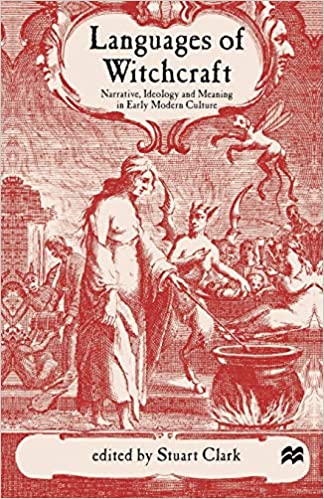Edited by Stuart Clark (NHC Fellow, 1999–00)

New York: St. Martin's Press, 2001
From the publisher’s description:
Different conceptions of the world and of reality have made witchcraft possible in some societies and impossible in others. How did the people of Early Modern Europe experience it and what was its place in their culture? The essays in this collection illustrate trends in witchcraft research and in cultural history in general. After decades in which the social analysis of witchcraft accusations has dominated the subject, this study looks at its significance and meaning as a cultural phenomenon - to the languages of witchcraft, rather than its causes.
Subjects
History / Early Modern Period / Witchcraft / Cultural History /Clark, Stuart (NHC Fellow, 1999–00), ed. Languages of Witchcraft: Narrative, Ideology, and Meaning in Early Modern Culture. New York: St. Martin's Press, 2001.